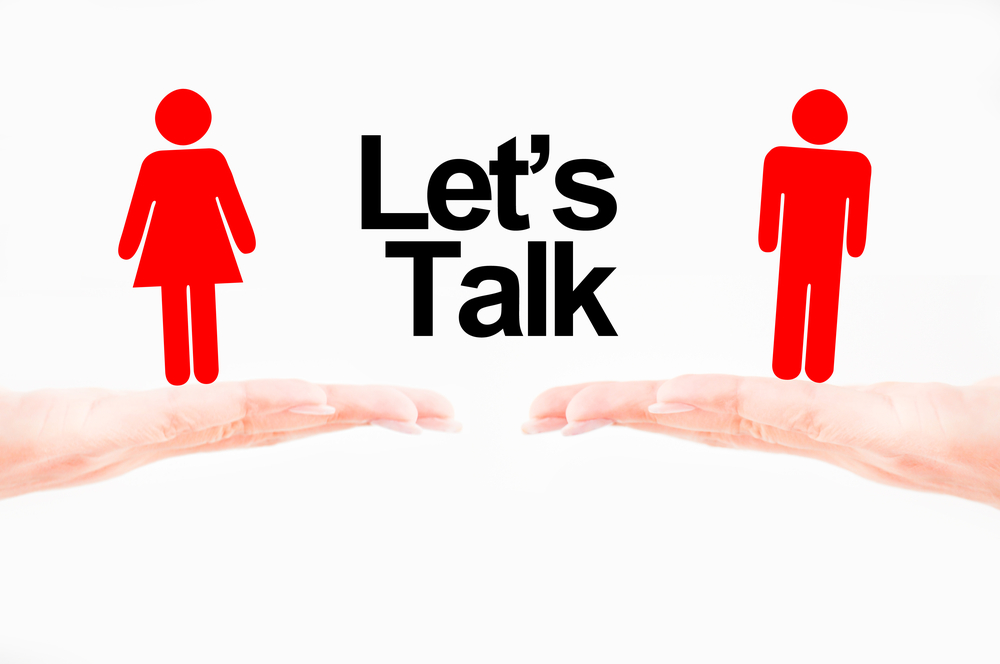Introduction:
Marriage is a universal institution, but its practices and traditions vary widely across cultures, reflecting the unique values and beliefs of each society. In this blog, we will explore diverse cultural perspectives on marriage and the rich traditions that enrich this institution. We will also touch upon the role of relationship counseling in helping couples bridge cultural gaps and navigate the complexities of intercultural marriages.
Cultural Approaches to Marriage:
-
Arranged Marriages in India:
-
In India, arranged marriages are a centuries-old tradition where families play a pivotal role in selecting a spouse for their children. These unions are believed to be guided by compatibility in areas such as caste, religion, and socioeconomic status.
-
-
The Role of Family in Chinese Marriage:
-
Family plays a central role in Chinese marriages. Traditionally, the families of the couple are deeply involved in the matchmaking process, with the focus on the union being as much between families as between individuals.
-
-
Western Individualism:
-
In many Western cultures, marriage is seen as a personal choice based on romantic love. The emphasis is on the individuals’ feelings and compatibility rather than external factors.
-
-
Polygamy in Some African Communities:
-
In various African cultures, polygamous marriages are practiced, where a man may have multiple wives. This tradition is often rooted in historical and economic factors.
-
-
Customary Practices in Indigenous Communities:
-
Indigenous cultures around the world often have unique customary practices that emphasize the spiritual, social, and cultural significance of marriage.
-
Traditions That Enrich Marriage:
-
Wedding Ceremonies:
-
Every culture has its own distinct wedding ceremonies, with rituals and customs that symbolize the commitment and union of the couple.
-
-
Pre-wedding Rituals:
-
Many cultures have pre-wedding rituals and ceremonies, such as mehndi in Indian weddings or the haldi ceremony, which celebrate purity and well-being.
-
-
Gift-Giving:
-
Gift-giving is a common tradition in weddings, with gifts symbolizing good luck, blessings, or support for the couple’s future.
-
-
Religious Ceremonies:
-
In some cultures, marriage ceremonies are intertwined with religious practices, further deepening the spiritual significance of the union.
-
-
Celebratory Feasts:
-
Post-wedding feasts and celebrations are a universal practice that allows the community to come together in joy and support of the newlyweds.
-
The Role of Relationship Counseling:
While cultural diversity in marriage traditions can be enriching, it can also pose unique challenges for couples. Relationship counseling plays a vital role in helping couples navigate these complexities by:
-
Fostering Understanding: Relationship counselors can provide guidance on understanding and respecting each other’s cultural values and practices.
-
Effective Communication: Counseling can improve communication skills, allowing couples to express their concerns and needs, especially when cultural differences come into play.
-
Conflict Resolution: When conflicts arise due to cultural disparities, relationship counseling can guide couples in resolving these issues constructively.
-
Building a Strong Foundation: By embracing cultural diversity, couples can build a resilient and inclusive foundation for their marriage.
Conclusion:
Cultural perspectives on marriage offer a fascinating lens through which we can explore the world’s rich tapestry of traditions and practices. These traditions enrich the institution of marriage, giving it depth, meaning, and significance. In a world where intercultural marriages are increasingly common, relationship counseling can serve as a bridge, helping couples navigate the complexities of cultural differences and fostering a deeper understanding and appreciation of each other’s backgrounds. By embracing the diversity of cultural traditions, couples can create a stronger, more inclusive foundation for their union, celebrating the best of both worlds.

